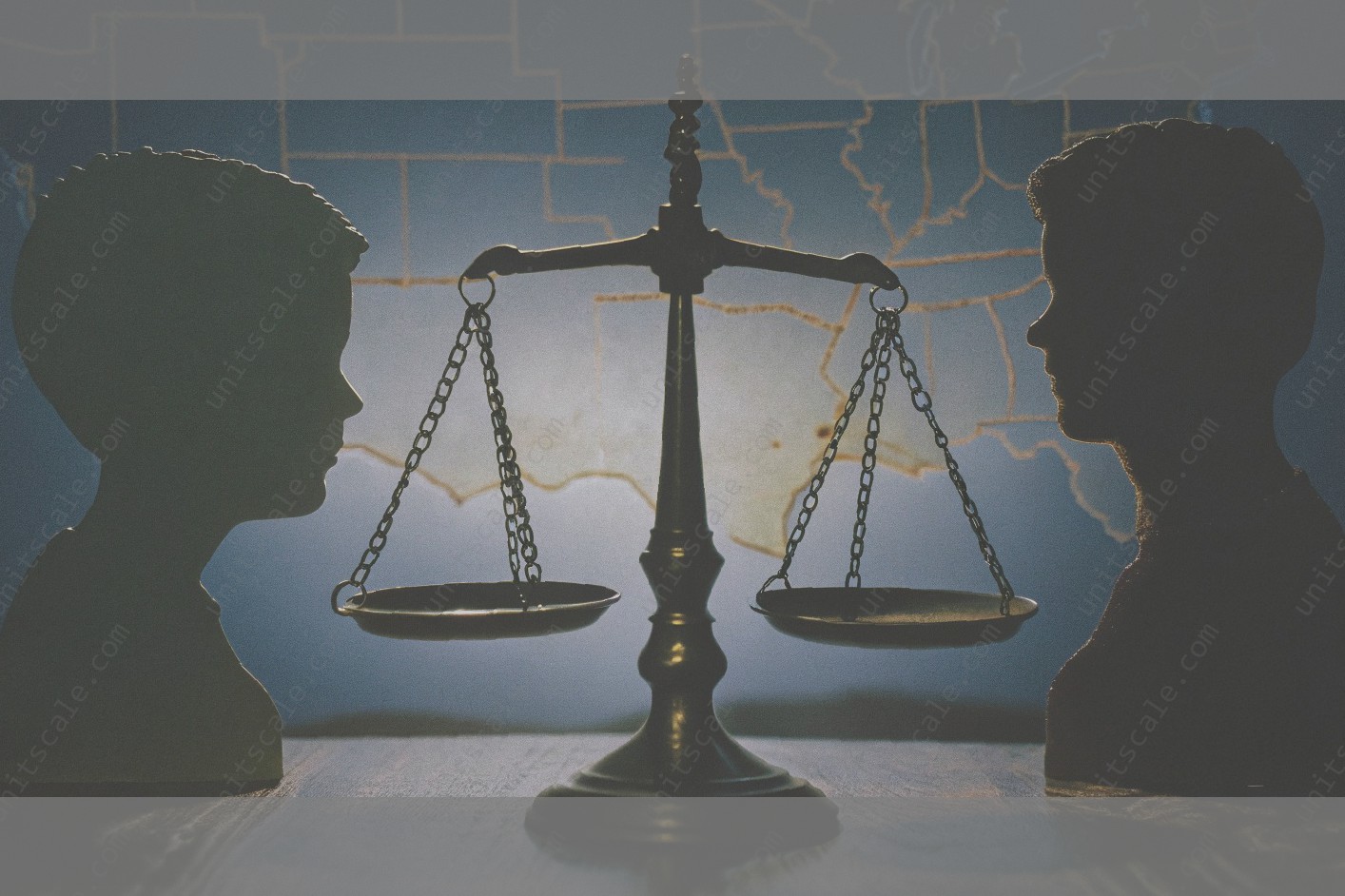The Age of Consent in WV Defined
Under West Virginia Code §61-8-1: Consent of Victim is showing one’s willingness or assent to engage in sexual intercourse. Knowledgeable consent is required for defendant to be absolved from criminal liability, but accused cannot harm or threaten to harm victim in course of sexual intercourse. Under W.Va. Code §61-8-5: Sexual Intercourse by a Minor and Carnal Knowledge. Statute of limitations under §61-8-12 is ten years from the time of commission of an offense. Last Amend. Acts 1979, c. 193, §7.
West Virginia criminal law section 61-8-4 and 61-8-5 provide criminal penalties for sexual intercourse with a minor. A minor is defined as an individual who is under the age of sixteen. These are felony charges that if convicted carry prison terms of one to five years for the first degree, and two to twenty-five years for the second degree.
An important factor about sexual offenses in West Virginia is that the section 61-8-5 does not require the consent of the victim to be proven in order for the state to convict . This means that if you are over the age of eighteen, and the victim is under the age of sixteen, then as long as the state can prove to the jury or judge beyond a reasonable doubt that you committed the sexual intercourse with the victim, then you are guilty of the crime. A jury or judge is not allowed to take into consideration whether or not the victim consented to the sexual intercourse. This is a very important aspect of these types of cases, because if the state can prove the crime, then a conviction is inevitable, barring other issues with the case.
The crime is not limited to sexual intercourse, it is also a felony to commit "carnal knowledge" with a minor. This is the legal definition of what lawyers refer to as "oral sex." The crime requires proof of a willingness to engage in the act between the parties, but it does not require consent. It is a felony punishable with a prison term of one to five years, or a fine of up to $5,000.00.

When the Age of Consent Laws Do Not Apply
Although West Virginia law has strict penalties for sexual relationships between individuals where one of them exceeds the "age of consent," there are a few exceptions or special circumstances that may apply; namely, close-in-age exemptions.
First, there is a "Romeo and Juliet" exception to the legal age of consent. West Virginia Code §61-8-24(d) codifies the idea that two individuals who have sexual intercourse as a consensual act may not be punished for statutory rape – or sexual abuse in the first degree (see above)—as long as they are within four years of each other in age. For example, if one person is 15 years old and the other is 18 years old, it is a consensual act and may not be punished. However, a person less than 15 years of age is incapable of giving consent, so if that relationship were to happen, it would be punishable by law. Second, there are even more narrow exemptions from these laws for parties who are close in age, and each of them must be of the opposite sex. For parties who are 14 years old, the individuals may not be punished if they are within three years in age. If one of the parties is 12 or 13 years old, the individuals may not be punished if they are within two years in age. There are very few instances in which individuals may not be punished for sexual relations if they are both the same sex. For this exception to apply, the relationship must be consensual without coercion, force, threat, or undue influence to cause a person to submit to a sexual act. This exemption may only apply, however, when the sexual relationship is between a male and a female where one is between the ages of 16 and 18 years, has consented to the sexual act and has either (1) become cohabitated with another in the manner of husband and wife, or (2) has been married. All other exceptions or special circumstances are generally limited to statutory rape. For statutory rape, there is no "consenting to" exception which means that there are no circumstances that would allow a defendant to avoid punishment if the victim is younger than 16.
Legal Implications of Breaking Age of Consent Laws
According to W.Va. Code § 61-8B-3, the penalties for sexual offenses involving minors are dependent upon the particular nature and circumstances of the crime alleged. Broadly, offenses that may be committed against a minor 16 years old or younger are classified as third degree sexual offenses. Third degree sexual offenses if proven beyond a reasonable doubt are felonies, punishable by not less than one year nor more than five years, or fined not less than $1,000 nor more than $5,000, or both at the discretion of the judge or jury. Any violation of the law involving a minor aged 16 or younger, however, will be prosecuted as a felony, no matter if the alleged offense is committed by a parent, teacher, clergy member or any other legal age adult. Any conviction of sexual offenses involving a minor under the age of 16 may also require the convicted person to register as a sexual offender for life.
Laws Related to the Age of Consent
The age of consent laws in West Virginia are closely related to other sexual offense laws that may apply. For example, under W. Va. Code §61-8D-3, third-degree sexual assault, which is a Class C felony, occurs when an individual has sex with another person who is 16 years of age or older but less than 18 years of age, provided that the individual is: 1) in a position of trust or authority over the minor, including teacher/student, guardian/ward, coach/player, etc. or 2) the parent of that minor. Essentially, a sexual act involving an adult and a minor who is 16 or older will most likely be charged as a felony in one form or another, depending on the surrounding factors.
Moreover, the corruption of minors statute also applies and can overlap with the statutory rape laws. Under W . Va. Code §61-8-7 , it is unlawful for any person "to offer, commit or attempt to commit any unlawful sexual offense against a minor." To do so is a misdemeanor if the minor is more than 16 years of age and a felony if the minor is 16 years of age or younger. The statute also makes it unlawful to sell or exhibit to a minor obscene books, magazines, phonorecords, films or takes or offer to lend or make available to a minor place to view pornographic films, buy obscene books or acquire obscene or lewd material. Penalties for this can include a prison sentence of up to 2 years for a misdemeanor and up to 5 years for a felony.
Finally, it is also unlawful to sell or distribute electronically any harmful material to minors, which is a crime if the recipient is under the age of 18.
Roles of Parents and Guardians
Parents and guardians play an important role in a minor’s sexual education and their understanding of consent laws. The law may not be capable of preventing minors from engaging in sexual conduct, but parents and guardians have the ability to teach children about consent and legal age requirements. While it may be uncomfortable, it is crucial for parents and guardians to speak honestly with their children about sexual health and consent laws. Depending on their age, they may also be able to procure information regarding consent and sexual health from the school system. If arguments or discussions arise between parents and children regarding these topics, a skilled West Virginia sex crimes lawyer may be needed to ease tensions regarding these matters. Parents and guardians can also be held responsible for the actions of minors under their supervision. Per West Virginia Code § 61-8-5, parents may be charged with contributing to the delinquency of a minor if they intentionally cause or condone the minor’s engagement in sexual conduct. In addition, the code provides possible jail time and fines related to the charges.
Tips for Young Adults and Teens
As a teenager or young adult, it is crucial to have a clear understanding of West Virginia’s age of consent laws. The information presented in this article and other reliable sources will help you better understand your rights and laws regarding sexual intercourse in West Virginia.
It is important for young people to be aware that the age of consent in West Virginia is 16. For teenage individuals aged 16 or 17, it is completely legal to have sexual relations with older individuals as long as they are not the parent, teacher, or guardian of the minor.
For those 16 years of age, the law states that sexual relations with someone ages 16 or over is consent so long as the older party is not their parent, teacher, coach, psychologist, counselor, or guardian. In addition, those 16 years of age or older cannot be convicted for engaging in sexual relations with someone under the age of 16.
For those who are over 18 years of age, it is a crime in West Virginia for them to have vaginal intercourse with someone who is under the age of 16. An older party could face criminal charges, penalties, and fines for engaging in sexual intercourse with an underage individual.
Though it is important for all young people to be aware of West Virginia’s age of consent laws , it is equally important for them to respect the legal boundaries beforehand. It is known and expected that young people will engage in sexual relationships. However, there are laws in place that outline the legal ages of those individuals involved in a sexual relationship. It is crucial that the legal boundaries are respected beforehand and that no one in a position of authority or a caregiver engages or attempts to engage in sexual intercourse with those immediately under their care.
West Virginia law allows underage youth to take action against those who engage in sexual intercourse with them. These actions could result in criminal charges or civil lawsuits being filed against the older individual. The Civil Justice Act of 1972 grants underage victims the authority to file a formal lawsuit against a perpetrator for the damages gained from partaking in an unconsented sexual relationship.
Under the Civil Justice Act, those victims can file suit against the perpetrator of the sexual relationship and receive up to $10,000 in compensatory damages and up to $50,000 in punitive damages. In addition, if the perpetrator of the sexual relationship was a teacher or adult in a caregiver position, West Virginia law also allows the victims to file a civil lawsuit against the school board.

